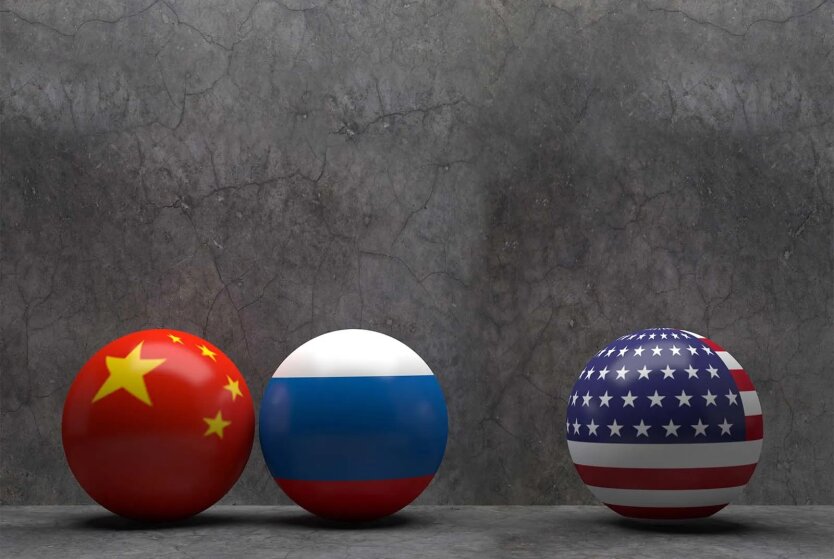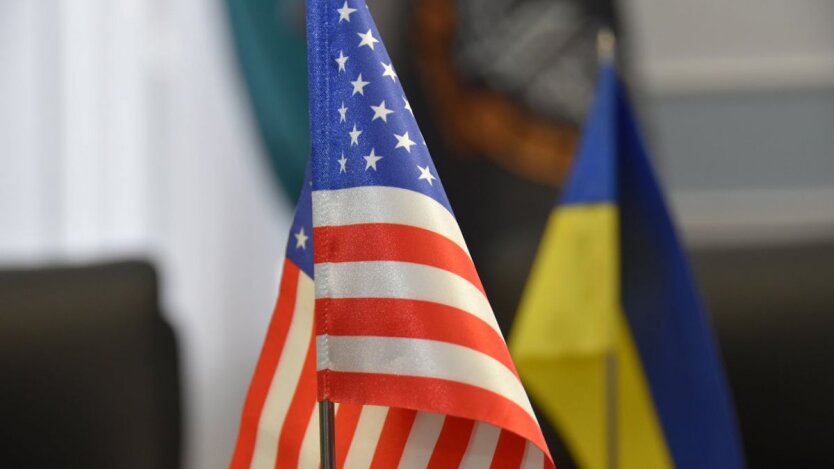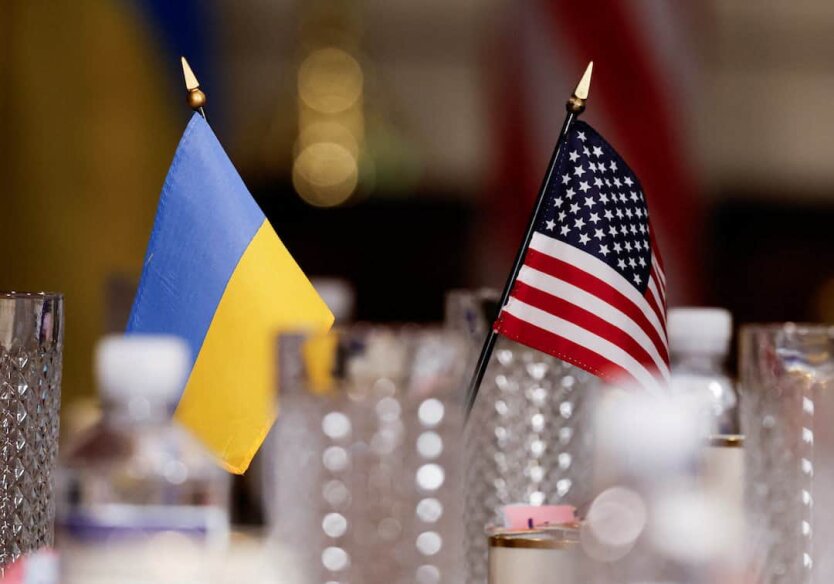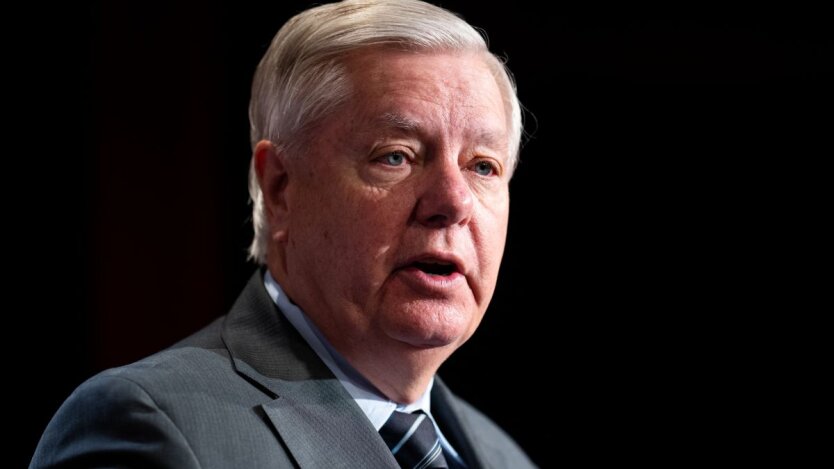The World of Three Empires: How the US, Russia, and China Could Divide the Planet into Spheres of Influence.
15.04.2025
2931

Journalist
Shostal Oleksandr
15.04.2025
2931

A hypothetical world map published by Newsweek shows a possible division of the planet into spheres of influence among the US, Russia, and China. According to the map, Greenland and Canada fall under the influence of the United States, while Russia could conquer all European states, including Turkey. Vesela Cherneva, deputy director of the European Council on Foreign Relations (ECFR), compares the current situation regarding the Russo-Ukrainian war to the Yalta Conference of 1945, when great powers decided the future of Eastern Europe without the participation of Europe itself. She emphasizes that decisions about Ukraine's future made without Ukraine are also decisions about Europe's future made without Europe itself. Professor Stefan Wolff from the University of Birmingham believes that President Trump's refusal to provide security guarantees to Ukraine resembles the appeasement policy toward Adolf Hitler during the Munich Conference in 1938. He thinks that in Trump's vision, the world is a place where great powers divide spheres of influence without interfering in each other's affairs. According to Cherneva, the Trump administration's policy could lead to Eastern Europe being left to its own devices, raising concerns about Russia's growing influence on the domestic politics of countries in the region. In her opinion, Russia is trying to undermine democracy in Eastern Europe and push societies towards a new consensus, which is very convenient in the Trump era. Russia's policy in recent months has become the subject of protests and elections in several Eastern European countries. Pro-Western politicians accuse Moscow of interfering in the EU referendum and presidential elections in Moldova. In Romania, a pro-Russian candidate was even removed from the presidential race. Central Asia may become an area of rivalry between Russia and China. Mongolia depends on Russia for fuel and electricity supplies and on China for investment in the mining industry. Xi Jinping's first foreign visit after the pandemic was to Kazakhstan, whose leader spoke out against the Russian invasion of Ukraine. According to Newsweek's forecasts, Trump will dominate the Western Hemisphere. He aims to annex Greenland to the US, control the Panama Canal, and even rename the Gulf of Mexico, embodying his philosophy of 'America First.' However, Trump may face opposition from China in Latin America. If Moscow does not come to an agreement with the US regarding the war in Ukraine, its dependence on China will grow. However, following Trump's activation of the trade war with China, Xi Jinping may move towards economic rapprochement with Europe, potentially weakening Putin's position. The issue of Taiwan remains open. According to Wolff, China is not yet ready for a military takeover of the island, as there are other disputed territories in the South China Sea, including the Philippines, where US intervention may be needed. However, there could be informal agreements where the Chinese exert pressure and the US does not intervene, effectively acknowledging that the South China Sea is China's territory. It's also worth noting that President Zelensky has urged Trump to visit Ukraine before making decisions.
Read also
- Bessent: Trump's conversation with Xi will resolve trade disputes
- Merz asks Xi Jinping to support peace initiatives regarding Ukraine
- Xi Jinping criticized 'bullying' in international trade after the deal with the USA










